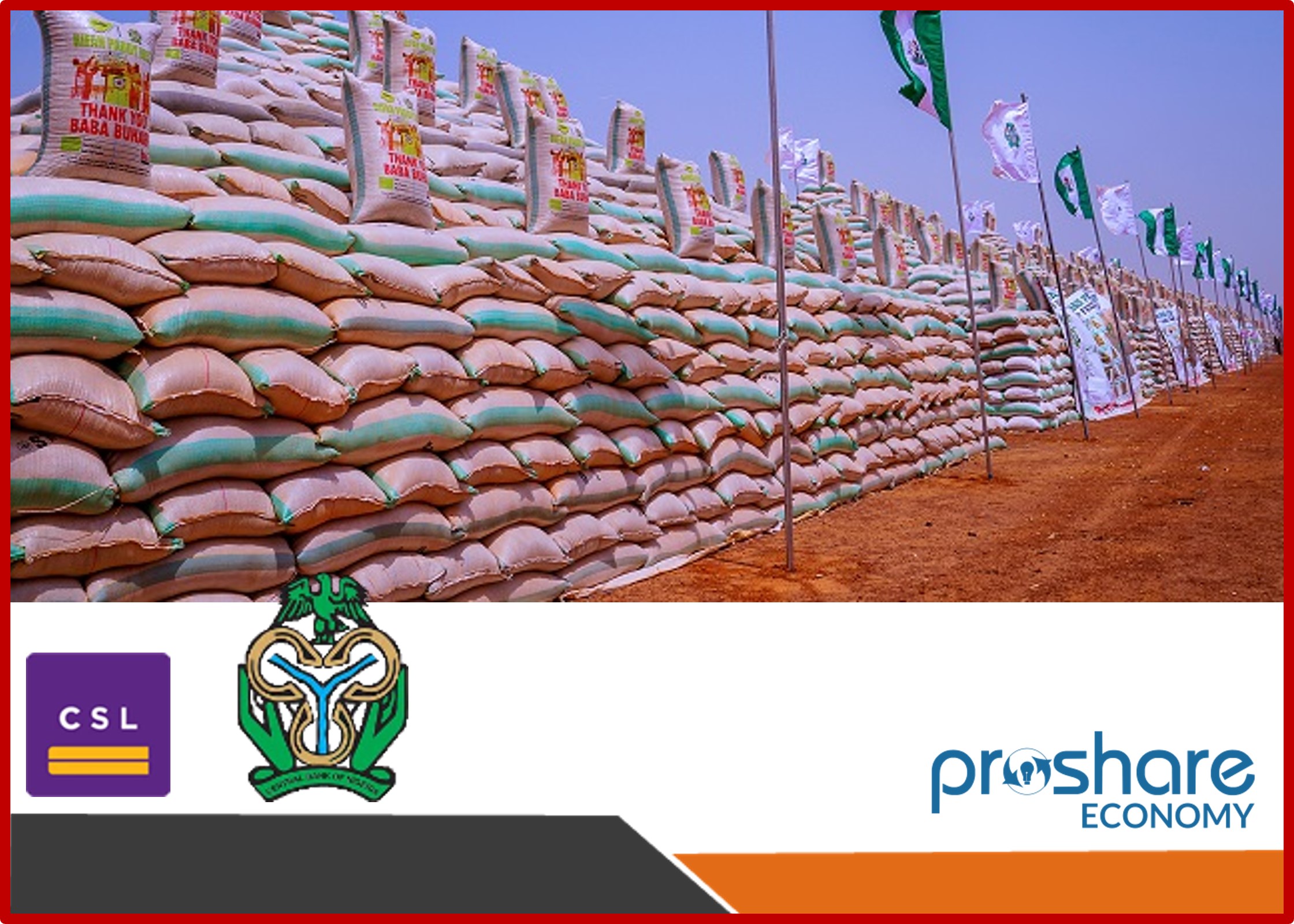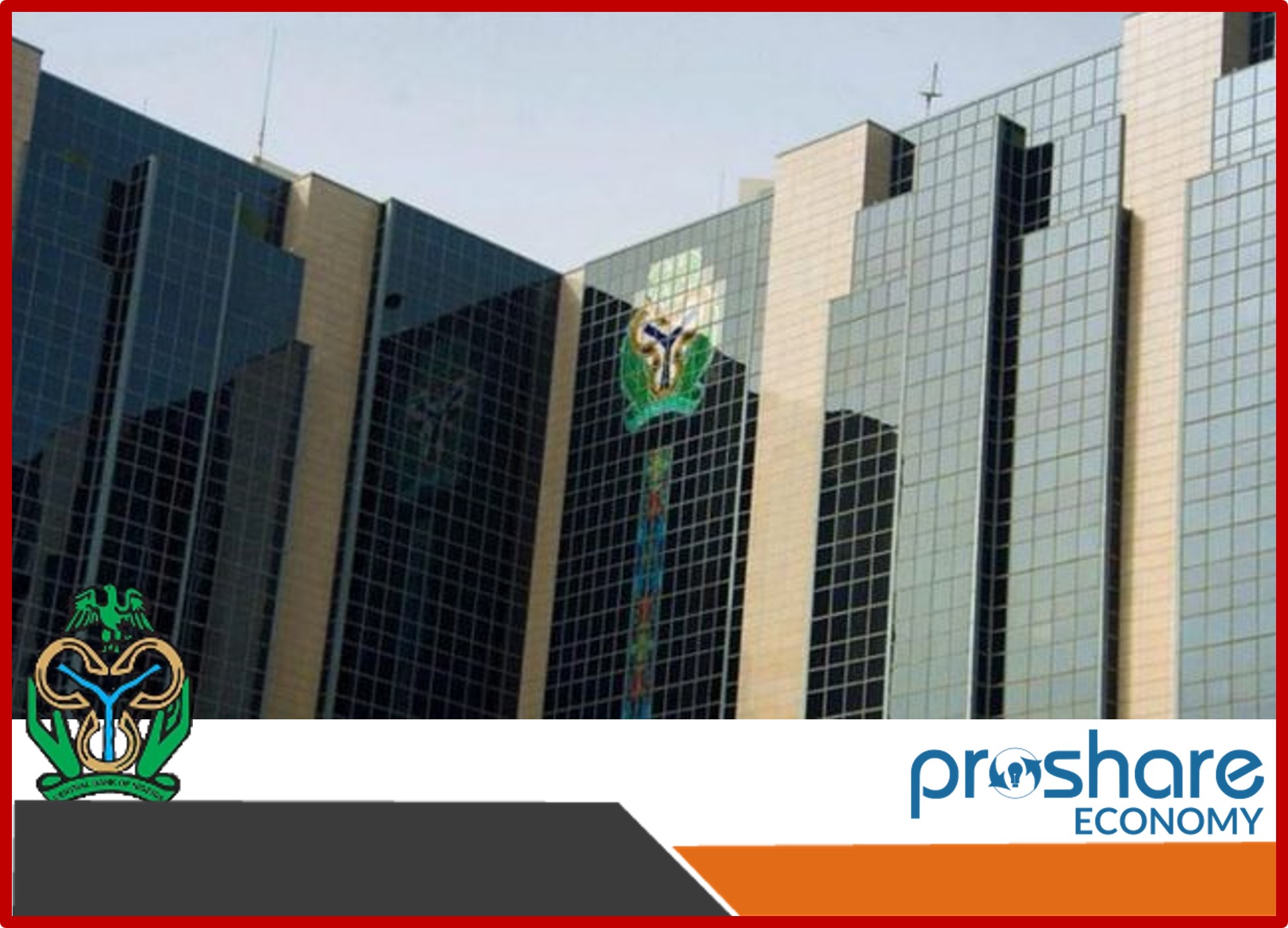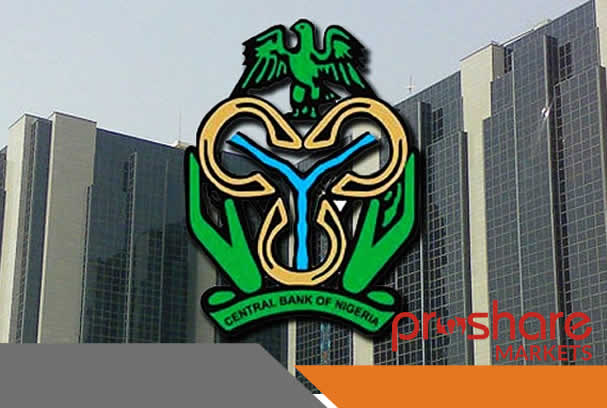Based on a BusinessDay news report, the Central Bank of Nigeria on Tuesday issued a final demand notice to indebted beneficiaries of the Anchor Borrowers’ Programme (ABP), who are yet to repay a total of N5.67bn. The notice follows the bank’s directive to NIRSAL Microfinance Bank Limited (NMFB), to recover all non-performing intervention loans granted under the scheme. The Central Bank of Nigeria (CBN) in line with its developmental function established the Anchor Borrowers’ Programme (ABP), which was launched by President Muhammadu Buhari (GCFR) on November 17, 2015. The ABP is intended to create a linkage between anchor companies involved in the processing and small holder farmers (SHFs) of required key agricultural commodities.
The Anchor is that corporate entity or association that presents a request for the funding of a group of smallholder farmers cultivating between 1 to 5 hectares of land who have been identified by him as the source of a certain quantity and quality of produce for their processing needs. At harvest, the SHF supplies his/her produce to the Agro processor (Anchor) who pays the cash equivalent to the farmer’s account. The targeted commodities of comparative advantage to the state include but is not limited to cereals (rice, maize, wheat etc.), cotton, roots, and tubers (cassava, potatoes, yam, ginger etc.), sugarcane, tree crops (Oil palm, cocoa, rubber etc.), legumes (soybean, sesame seed, cowpea etc.), tomato and livestock (fish, poultry, ruminants etc.). The fund is provided from the N220bn Micro, Small and Medium Enterprises Development Fund (MSMEDF)
The programme, for all intents and purposes, is laudable and has, to an extent, impacted positively on the economy. According to the CBN, a total of N1.01trn has been distributed to over 4.2m smallholder farmers farming 21 commodities across the country as of May 2022. The Bank added that between April and May 2022, it released the sum of N57.91bn under the programme to 185,972 new projects for the cultivation of rice, wheat, and maize. Based on the data from United States Department of Agriculture (USDA), volume of rice production has improved, growing by 38.89% to 5.25mmt in 2021/2022MY from 3.78mmt in 2014/2015MY. Also, corn production grew by 26.74% to 12.75mmt in 2021/2022MY from 10.06mmt in 2014/2015MY. On the other hand, wheat production remained relatively low, having declined by 26.74% to 55,000mt in 2020/2021 MY from 91,000mt in 2014/2015MY. It, however, jumped to 90,000mt in 2021/2022 MY.
That said, recovery of the loans has been a major problem for the CBN as many of the farmers view these loans as a share of the national cake. In November last year, the Central Bank of Nigeria (CBN) released the revised Anchors Borrowers’ Programme (ABP) guidelines, including protective measures to ensure the programme’s smooth implementation process and mitigate the risk of loan default. While no data is available to ascertain the level of non[1]performing loans during the period, we believe that the narrative seems not to have changed. We recall that in August 2021, many farmers called on the Federal Government to appeal to the apex bank on their behalf to extend the loan repayment period. In defence of their plea, the farmers noted that the unabated insecurity limits crop production, resulting in low output. Rightly so, the rising insecurity has made it impossible for many farmers to go to their farms for fear of being killed or kidnapped
 Lagos, NG • GMT +1
Lagos, NG • GMT +1











 469 views
469 views











 Sponsored Ad
Sponsored Ad
 Advertise with Us
Advertise with Us









